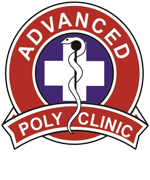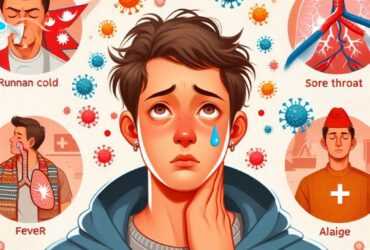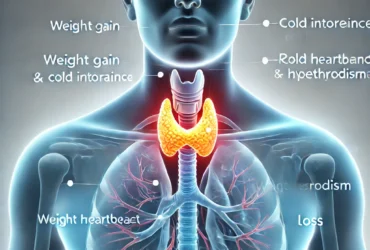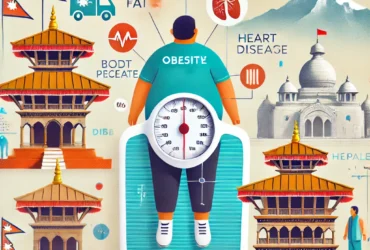Incidence of Heart Attacks are increasing in Nepal in alarming rates. More and more younger people are dying of heart attacks in Nepal.
The name itself is a red alert warning: Attack. Why? Because it comes like a surprise without any prior symptoms. Because 50% of people who get a heart attack will never reach hospital in Nepal. They die.
What is heart attack then? And how to prevent it?
When the blood vessel (artery) that supplies blood to the heart is blocked will cause a heart attack. The excess cholesterol (Plaque) deposits on the blood vessel walls and blocks this vessel. Even when 70% of your blood vessel is blocked you will not have any symptoms. There are no investigations in the World that can find out as well, EXCEPT for Stress ECG (Treadmill Test- TMT) or Coronary Angiography. Then, when this 70% narrowed vessel gets blocked suddenly by a blood clot- will cause a heart attack, which usually happens suddenly like a surprise attack. Thus, the term heart attack.
Why these cholesterol deposits on blood vessel walls?
1. Smoking.
2. Sedentary life style. Lack of physical exercise.
3. Excess of unhealthy foods that contain lot of Animal Fats.
4. Excess calorie intake than required by our body.
5. Mental stress.
6. High levels of Cholesterol in blood. Leads to Coronary Artery Disease
7. High blood pressure.
8. Diabetes.
9. Genetics: if a close relative had a heart attack at early age then this condition might get transferred to you by birth.
How to prevent it?
Preventing heart attack is preventing the cholesterol to deposit on the blood vessels and preventing the blockage.
1. Quit Smoking- NOW!
2. Exercise at least 5 days a week for an hour. Best is brisk walking- 5 km in one hour. Or you can replace walking with your favorite sport. Please note: irregular vigorous exercise is more harmful, thus you must exercise regularly.
3. Avoid animal fats (saturated fats). The common foods in Nepal that contain animal fats are: Ghee, Butter, Cheese, Egg yolk (yellow), mutton, pork, chicken fat. So avoid these as much as you can.
4. Learn to cope with Mental Stress.
Stress is a part of life. Learn to cope with it. Regular exercise and 5 minutes of meditation helps.
5. Control your blood pressure, cholesterol levels and diabetes.
6. Undergo Treadmill Test, which is a part of Executive Health Plan (EHP) and Comprehensive Advanced Medical Plan (CAMP) every year. As mentioned earlier even 70% blocked blood vessel does not have any symptoms. Only Treadmill Test can predict heart attack and save your life.
DON’T WAIT FOR HEART ATTACK TO VISIT A DOCTOR. YOU MAY NEVER MAKE IT!
Your easiest solution is EHP or CAMP every year.
Common Symptoms of Heart Attack:
Sometimes few days before having a heart you might feel chest discomfort while climbing stairs or just walking some distance and this disappears after you stop or rest. Many of us in Nepal mistakenly think it is just a Gastritis (Gastric). This is a first symptoms of coronary artery disease, known as Angina, when you must visit a cardiologist as soon as possible.
Heart attack usually start with Chest heaviness, or chest discomfort or pain just behind the sternum and its location cannot be pin pointed but rather spreads in a area, size of the fist or more. Some patients experience the pain at epigastrium (just above the stomach), which usually mimics gastritis and many patients do not rush to the hospital thinking its just a gastritis.
Almost all patients experience nausea, some even vomit.
The chest discomfort and pain can travel (radiate) to left arm or both arms, neck, jaw or the back (at scapular region).
Many patients will start getting perspiration – cold sweating. And feeling of anxiety.
Please rush to the nearest hospital if you get above mentioned symptoms. Please remember 50% of patients do not reach hospital and they die.
We can prevent the heart attack and save lives. Please contact us to book your appointment for Executive Health Check up (EHP) or Comprehensive Cardiac Check up (CCC) or Comprehensive Advanced Medical Plan (CAMP).
📞 01-4531078 or 01-4543386






